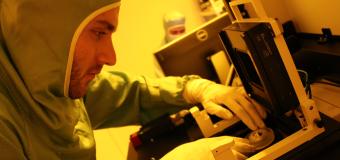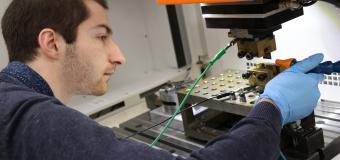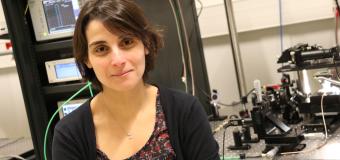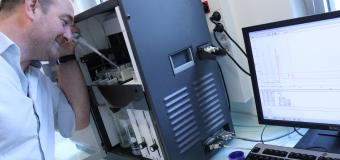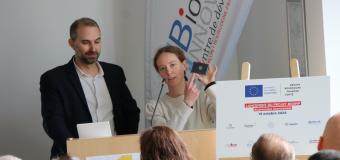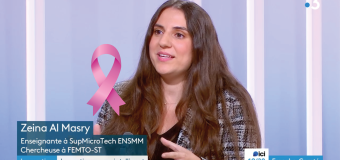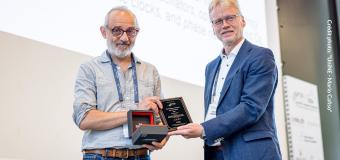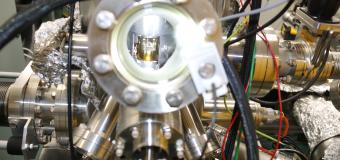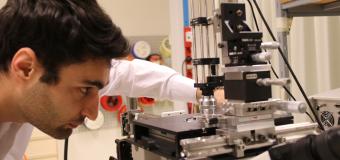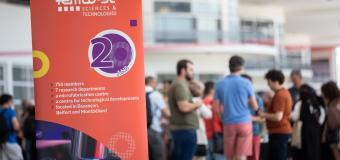Mengjia Wang receives the « Chinese government award 2020 »
As a PhD student of the Optics Department of FEMTO-ST , Mengjia Wang has been recognized by the Chinese Government for his outstanding work in the field of nanophotonics and plasmonics.
This prize, established by the China Scholarship Council since 2003, is intended to reward outstanding graduate students studying outside China. The government yearly chooses 500 recipients based on a record of significant accomplishments in any discipline. This award is the highest award the government gives to graduate students studying outside China. The number of Chinese students leaving China to study abroad is more than half a million each year, making this award highly competitive.
In his PhD, Mengjia Wang demonstrated optical spin-orbit interaction for steering Bloch surface waves with the magnetic field of light (https://insis.cnrs.fr/en/node/1020) and for reaching new degrees of freedom in light polarization control by twisting surface plasmons in individual and coupled 3D plasmonic helical nanoantennas (https://www.insis.cnrs.fr/fr/cnrsinfo/polariser-la-lumiere-tres-petite-echelle-grace-aux-vortex-plasmoniques)
Mengjia is currently a post-doctoral fellow at FEMTO-ST.


